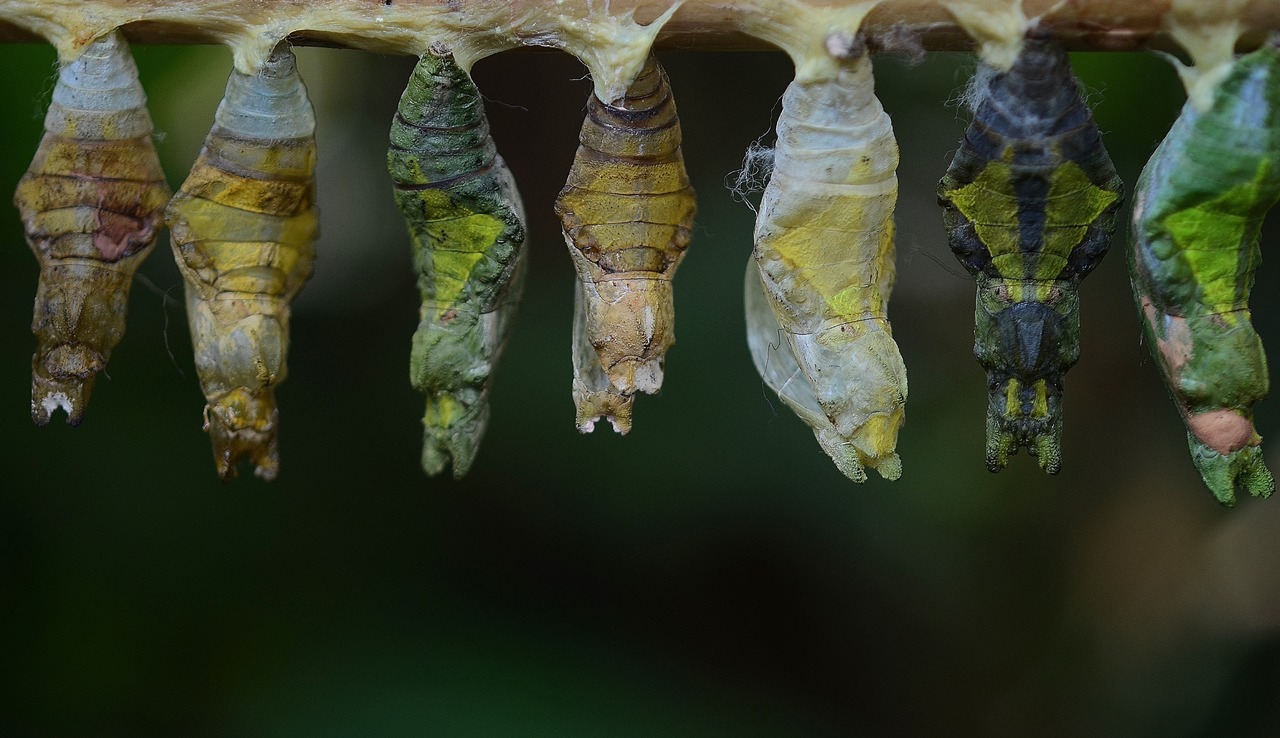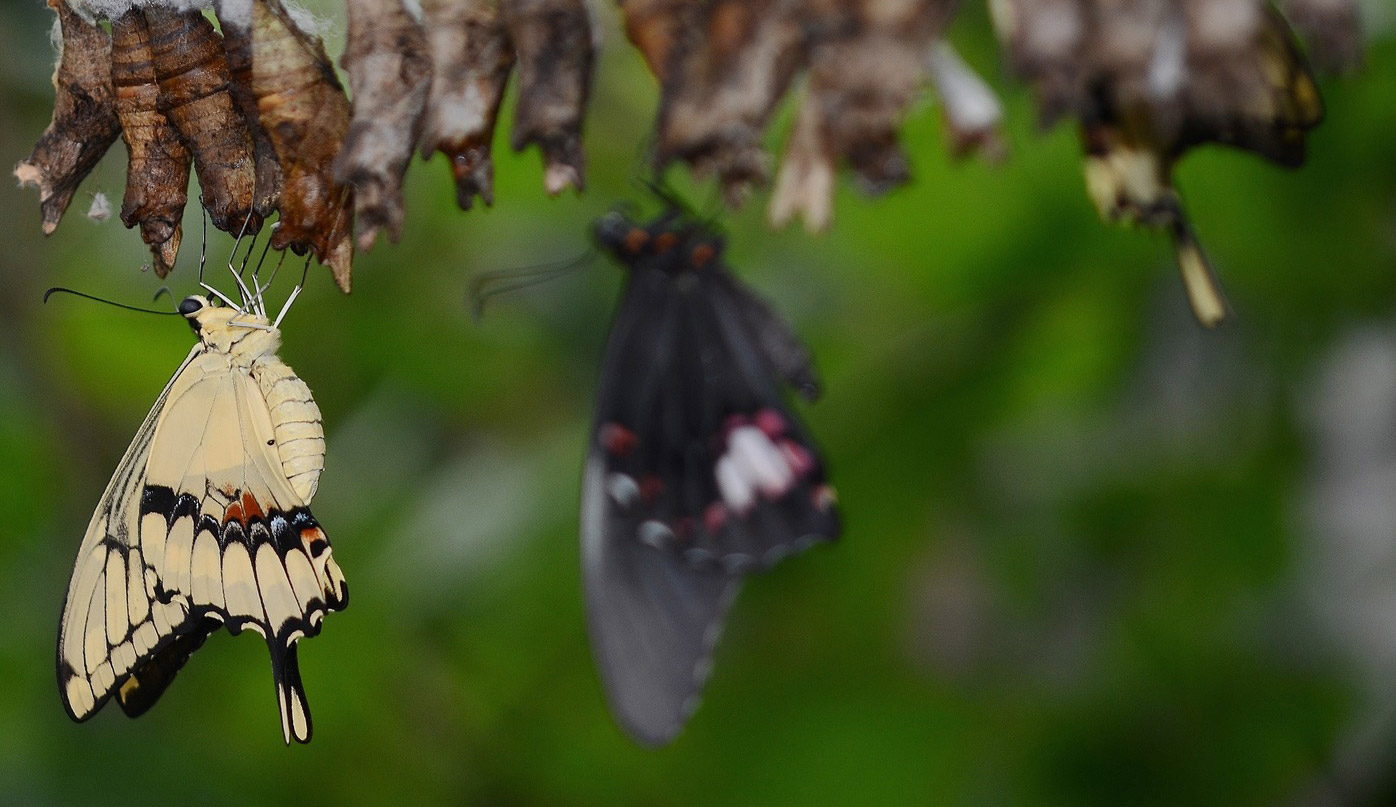We always try to find good partners for our specimen. Partners that take care of both nature conservation and improve local economics of small communities.
Today we are proud to mention that we support the Mida Butterfly Farm in Watamu, Kenya.
Mida Butterfly Farm was established in 1990 to work out the breeding requirements of local species of Lepidoptera, and has been exporting specimens since 1993.
They are situated on the Kenyan North coast, 100 km north of Mombasa, in a village called Watamu, which is well situated with regard to butterfly hotspots such as Arabuko-Sokoke forest, the Shimba Hills, the Taita Hills, and various coral rag forest patches.
In these areas they have over the years trained local people to breed various of their butterfly and moth species, which are then sent to the central Watamu facility twice a week for further sorting. A mixture of these species and other more demanding species bred in large flight areas at the Watamu base are then exported to partners overseas.

Butterflies live their entire lifespan on these rainforest farms, and produce eggs for the next generation. In the wild, less than 7% of butterfly eggs will survive to adulthood. In contrast, captive breeding programs on butterfly farms achieve 70%-90% survival rates. The farms also release up to 20% of all the generation back into the wild helping to preserve the insects in their natural habitat.
Approximately 50 species are commonly available throughout the year, with perhaps another 20 species bred on special request. These are species that tend to have a short pupal duration, such as pierids, skippers and lycaenids, so are not normally sent in routine pupal shipments. All species exported are of Kenyan origin.
The local communities benefit financially from farming pupae, which provides a powerful incentive for their protecting the local forest enclaves from unsustainable practices such as logging and charcoal production, as these areas support reserves of new breeding stock when required.


